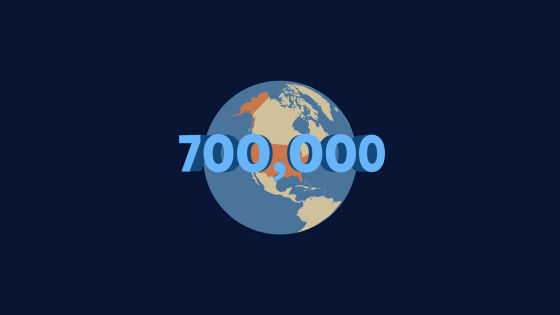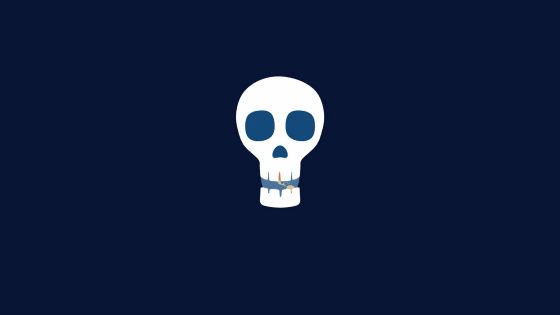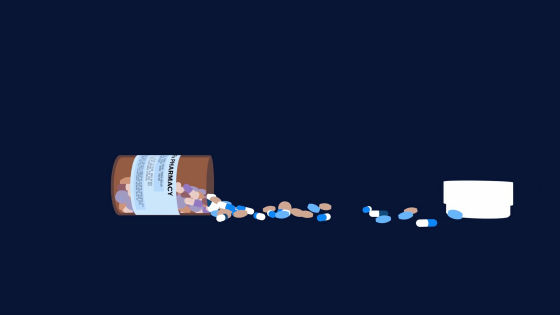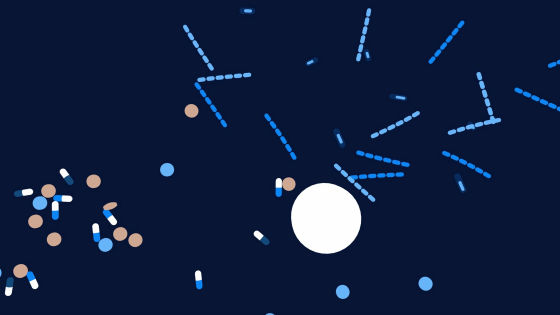The steady work of returning to the origin is being done to repel "Super Bug" which antibiotics do not work

Bacteria "superbug" which antibiotic does not work appears, and concern is raised that if it is prevalent all over the world it may cause a big crisis to humanity. So, there are some scientists practicing new ways how to deal with super bugs.
It is described in The Atlantic's movie "How to Fight Superbugs" below on how to confront super bugs.
How to Fight Superbugs - YouTube
Every year, 700,000 people lose their lives in infectious diseases where antibiotics do not work.

It is pointed out that the emergence of such "antibacterial resistant bacteria" Super Bug "can cause a more serious crisis than we can imagine.

However, the emergence of antibiotic-resistant bacteria (bacteria) is a biologically inevitable phenomenon from the process of killing bacteria with antibiotics and containment.

Antibiotics administered as medicines leak out of the body and exist in large quantities in a familiar environment. It is unavoidable for these antibiotics to touch bacteria that are present in large quantities in familiar environments as well.

It is estimated that 30% of the antibiotics administered will be released into the environment outside the body.

The birth of resistant bacteria began with the administration of antibiotics to livestock.

Some bacteria that touched antibiotics present in the natural environment ......

By changing the tissue, it turned into a bacterium resistant to antibiotics.

this is"Antibiotic Resistance(Antibiotic resistance)It is called.

When a bacterium resistant to an antibiotic appears, a new antibiotic is developed to kill it.

However, new bacteria that have changed to have resistance to new antibiotics are born.

At the end of the progress of the evolution of antibiotic-resistant bacteria, eventually a super-bug where antibiotics do not work was born.

To fight against resistant bacteria, Dr. Adam Roberts of the University of London has started a different approach.

It is an old approach like the era when penicillin, the world's first antibiotic, was discovered.

Antibiotics have been studied and discovered in laboratories.

On the other hand, Dr. Roberts takes the approach of collecting bacteria in a familiar environment and searching for effective antibiotics. The soil at the root of the tree ... ...

Waste water coming out of the garbage can ......

A dog's nose ......

We are trying to collect bacteria attached to equipment such as mouse, keyboard, smartphone and so on.

Dr. Roberts thinks to utilize the mechanism called "crowdsourcing" in order to collect all kinds of bacteria, and I am recruiting people around the world to send out the bacteria around me. For example, to collect bacteria on the screen of a smartphone, scrape the screen with a cotton swab.

This alone will cause bacteria to adhere to the cotton bud, so you can send this cotton swab to Dr. Roberts.

Dr Roberts' idea is to classify the chemical sequence of new bacteria, "There are many bacteria that have not yet been examined all over the world and there must be bacteria that kill resistant bacteria". I will.

And by combining the categorized chemical sequences, a steady work of examining the effect on resistant bacteria is done.

Since the 1960s, the development of antibiotics that kill bacteria seems to have been done only in the laboratory, but since there are some bacteria that can not be born unless it is in the natural environment, Dr. Roberts reviewed the former primitive method, I will find a means to counter the bug.

Nonetheless, the steady work done by Dr. Roberts is to restrict the speed of the birth of super bugs to the last. While slowing down the speed, the aim is to wait for the creation of other fundamental chemical technologies.

Dr. Roberts said "Swab and Send"We are doing crowdsourcing campaign called Facebook on Facebook. Participants will get a bacterial detection kit by paying 5 pounds (about 700 yen), they can collect and send bacteria from familiar dirty places. When the Swab and Send campaign began, it seems that over 1000 pounds of cotton swab has been sent in 2 months, 18 kinds of bacteria that kill 15 kinds of antibiotic-free E. coli strains are found from the collected samples I succeeded in doing.
Related Posts:







